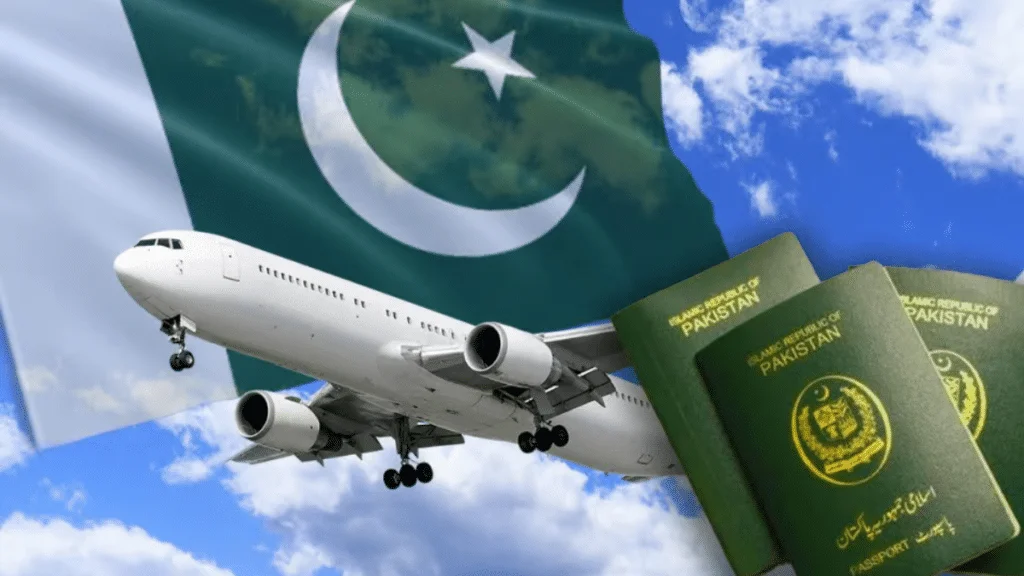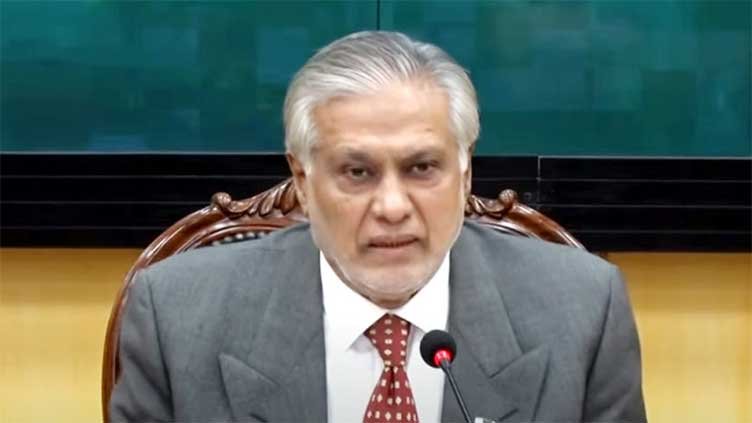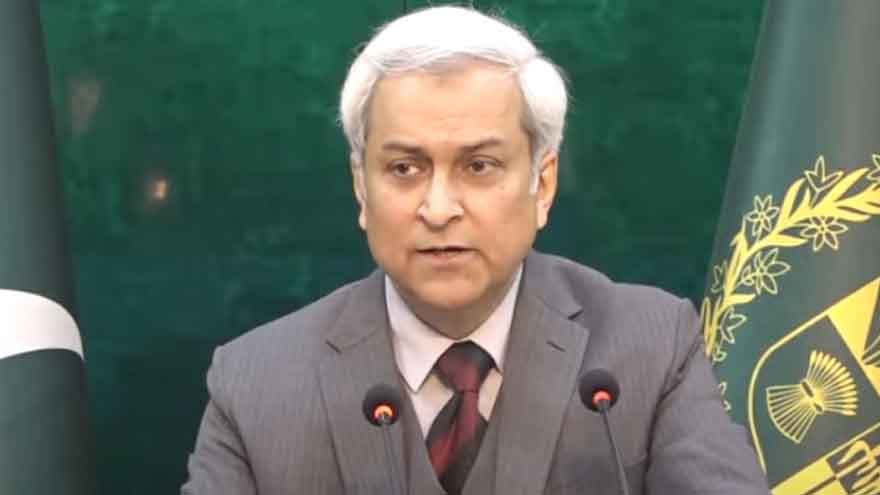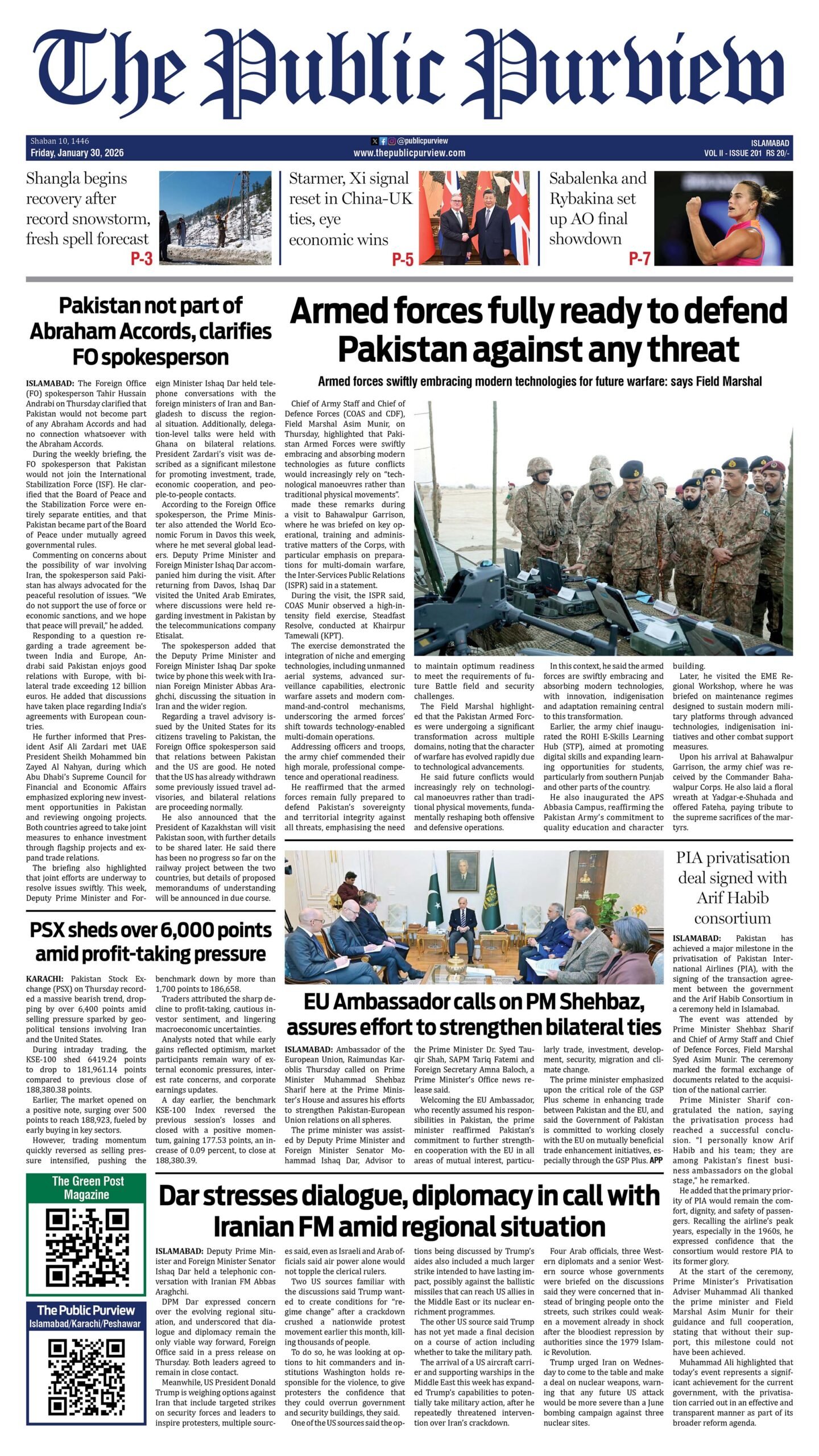
By Zafran Awan
For decades, Pakistani travelers faced strict visa barriers that limited their ability to explore the world. However, in 2025, the situation is improving. According to the Henley Passport Index, Pakistan ranks 100th with access to 32 destinations that offer either visa-free or visa-on-arrival entry. Consequently, these new options are helping Pakistanis travel more freely for tourism, study, and business.
Visa-free countries for Pakistan now stretch across Asia, Africa, the Caribbean, and the Pacific. Island nations like Vanuatu, Micronesia, Niue, and the Cook Islands welcome Pakistanis without lengthy procedures. Similarly, the Caribbean region offers multiple choices, including Dominica, Saint Vincent, Montserrat, and Barbados. Haiti, Samoa, and Trinidad and Tobago also provide easier entry. In addition, Rwanda has emerged as a top destination for eco-tourism and investment. Qatar, an important trade hub, gives visa-free access that strengthens business and cultural exchange.
Visa-on-arrival access makes travel even broader. Countries such as the Maldives, Sri Lanka, Nepal, and Kenya grant Pakistani citizens quick entry at airports. These arrangements reduce paperwork, save costs, and encourage more frequent travel. Families visiting for holidays, professionals attending global events, and students pursuing short courses all benefit from these simplified processes.
The impact of visa-free countries for Pakistan goes far beyond tourism. Furthermore, they create opportunities for economic growth, trade partnerships, and people-to-people contact. A Pakistani entrepreneur meeting partners in Doha, a student enrolling in a Sri Lankan program, or a family exploring the beaches of the Maldives all contribute to building stronger global connections.
Travel experts highlight that every additional visa-free country expands Pakistan’s soft power. It also allows citizens to participate in global exchanges, showcase culture, and promote tourism. Horticulture traders in Rwanda, textile businesses in Sri Lanka, and technology investors in Qatar all gain from easier Pakistani mobility. Consequently, these relationships help diversify Pakistan’s global presence.
However, challenges remain. Despite some progress, Pakistan’s passport is still among the weakest worldwide. Many major destinations, including the United States, Europe, and the Gulf states, continue to require long and complex visa processes. Analysts argue that improving diplomatic ties and negotiating new travel agreements are crucial. For example, positive discussions with the UAE, Bangladesh, and several Central Asian states may expand future access.
For now, the 32 visa-free and visa-on-arrival destinations provide a vital gateway. Therefore, they allow Pakistanis to travel, learn, and trade on the global stage. Each trip made to these destinations marks a small step toward greater international recognition and integration.






 Today's E-Paper
Today's E-Paper